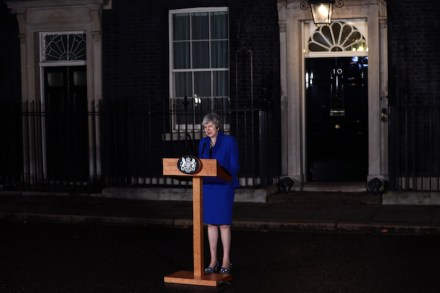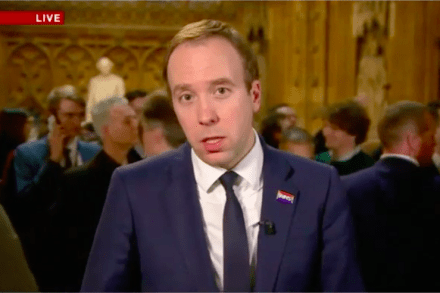Brexiteers are destroying their own dream
Are some Brexiteers addicted to disappointment and frustration? Do they so crave the righteous indignation that flows from being thwarted that they are actively trying to sabotage their own project? How else to explain the extraordinary strategic incompetence of Tory MPs who say they want Britain to leave the EU yet behave in a way that makes it increasingly likely that Britain will not do so? Brexit-backing readers may well dismiss my thoughts on Brexiteer strategy because I am, of course, a dreadful Remainer. More accurately, I voted to remain and I believe that leaving the EU will give the UK a range of possible futures that are less economically




















